
Drunkenness and Alcoholic Coma: What You Need to Know
Introduction: Drunkenness and alcoholic coma are two serious consequences of excessive alcohol consumption. While drunkenness is common, alcoholic coma is a rare but life-threatening condition resulting from prolonged and heavy drinking. While drunkenness is often associated with social drinking, it can also be a sign of alcohol abuse or addiction. In addition, chronic alcohol abuse […]

Fragile X Syndrome: Symptoms, Causes, and Treatment
Introduction: Fragile X syndrome is a genetic disorder that affects individuals, typically males, causing intellectual disabilities and various physical characteristics. It is caused by a change or mutation in the FMR1 gene on the X chromosome. Fragile X syndrome is the most common inherited cause of intellectual disability, affecting about 1 in 4,000 males and […]
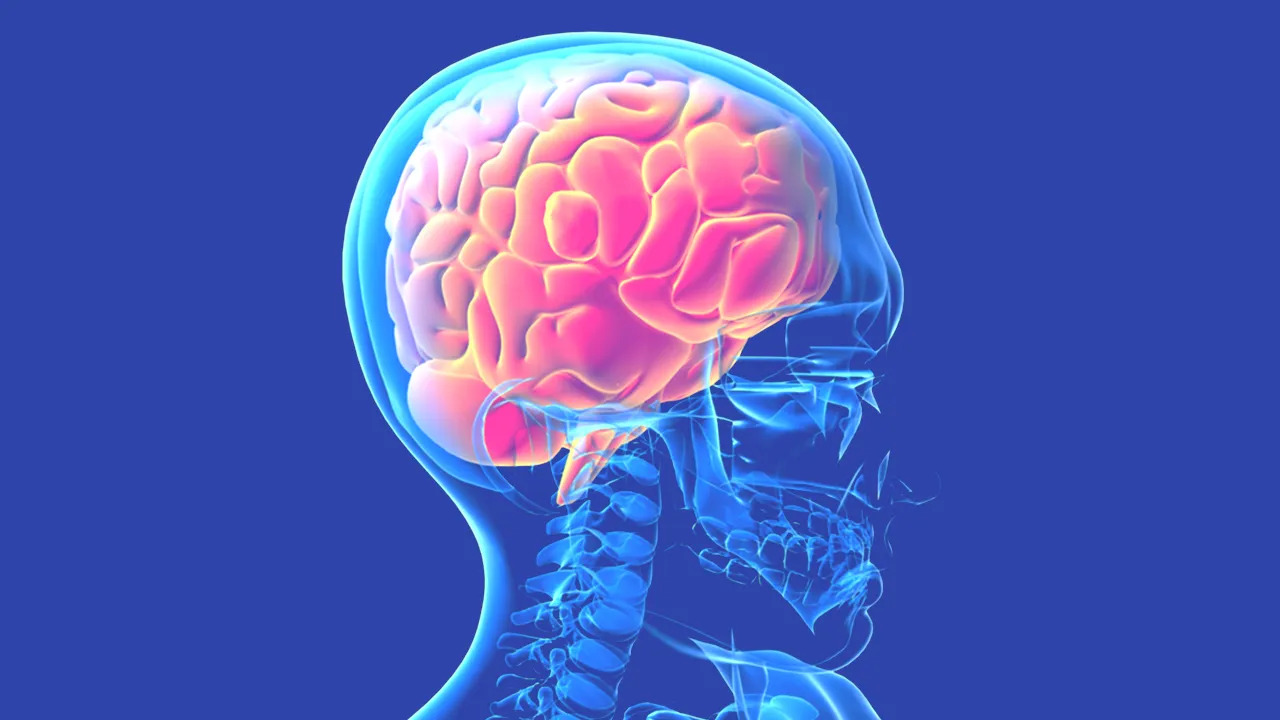
PGTCS: A Serious but Treatable Condition
Introduction: Primarily generalized tonic-clonic seizures (PGTCS) are a type of seizure that affects the entire brain and can cause loss of consciousness, convulsions, and muscle rigidity. These seizures are also known as grand mal seizures and are the most common type of seizure experienced by people with epilepsy. PGTCS can occur in people of all […]

Primary Hyperkalemic Periodic Paralysis: A Rare but Serious Condition
Introduction: Primary hyperkalemic periodic paralysis (PHPP, also known as Hyperkalemic Periodic Paralysis, HyperKPP, or, more commonly, channelopathies) is an inherited form of muscle weakness caused by alterations in muscle membrane ion channels, leading to an excessive build-up of the electrolyte potassium (K+) in the muscle cells. The prevalence of Primary hyperkalemic periodic paralysis is estimated […]
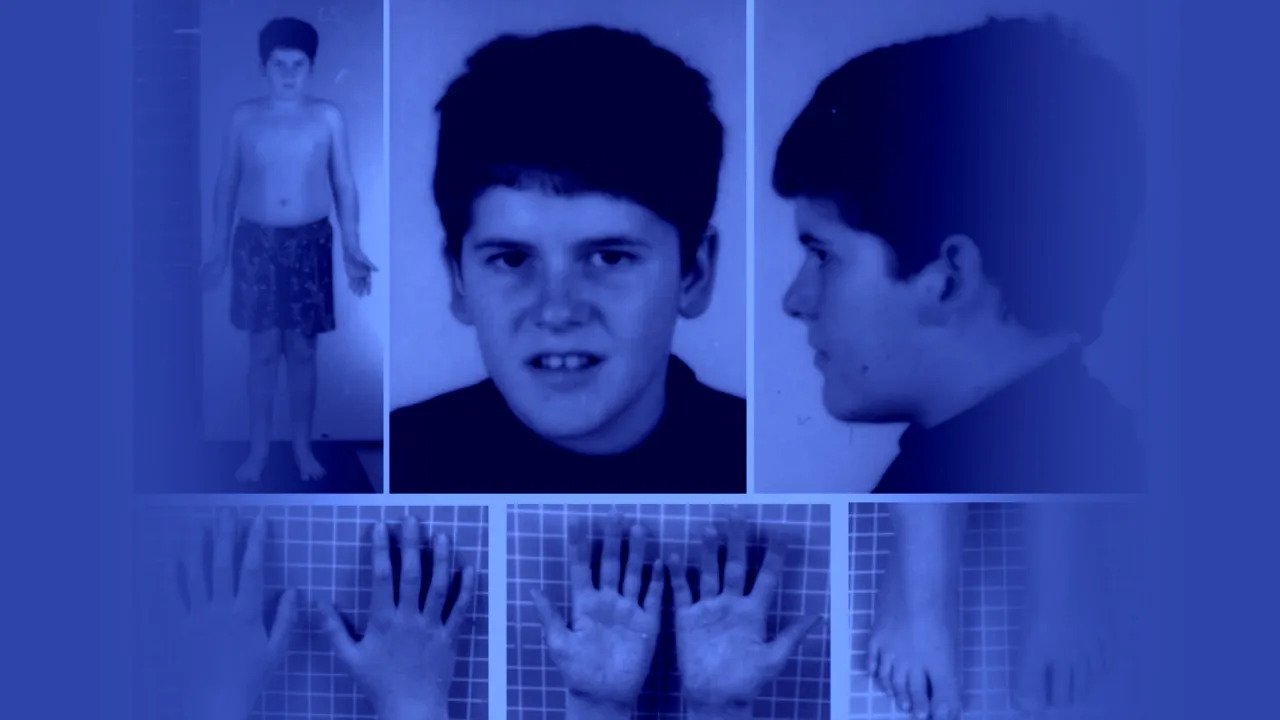
Prader-Willi Syndrome: A Complex Genetic Disorder
Introduction: Prader-Willi Syndrome (PWS) is a complex genetic disorder characterized by a wide range of physical, cognitive, and behavioral challenges. It was first described in 1956 by Swiss doctors Andrea Prader, Heinrich Willi, and Alexis Labhart. Causes and Genetic Basis of Prader-Willi Syndrome: PWS is caused by the abnormal function of specific genes located on […]
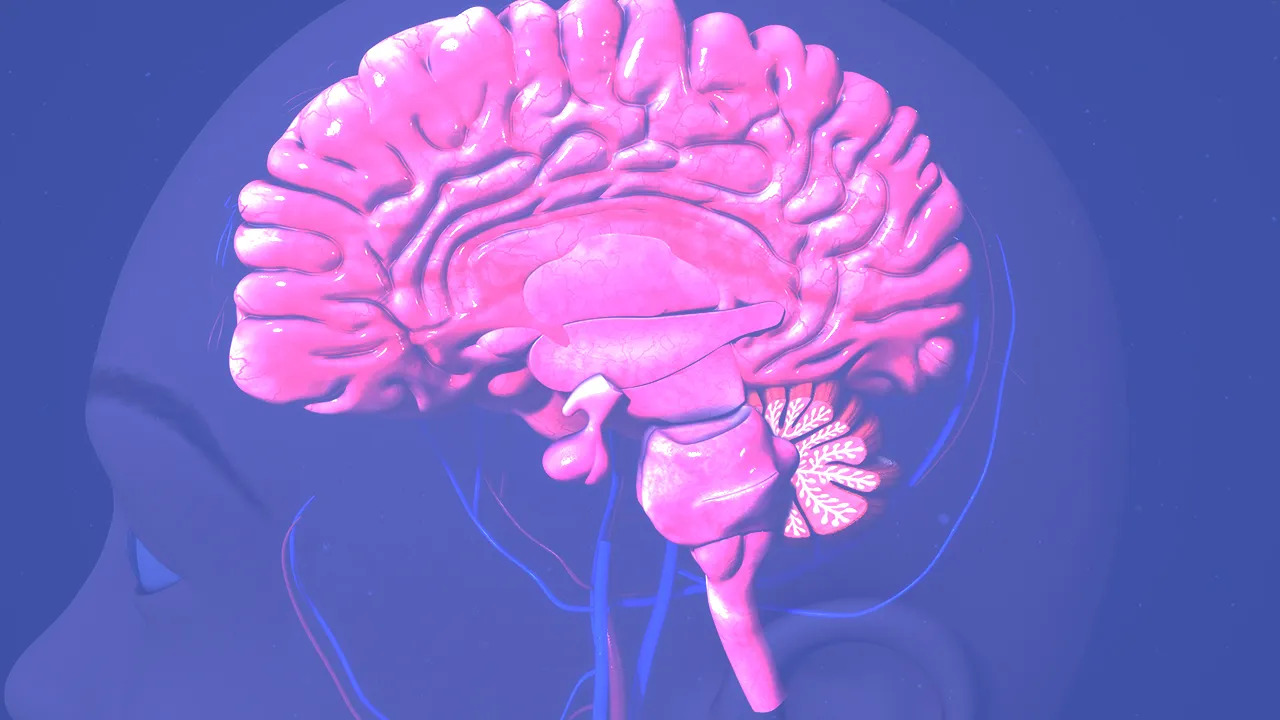
Pituitary Adenoma: Symptoms, Diagnosis, and Treatment
Pituitary Adenoma Introduction: A pituitary adenoma is a type of tumor that develops in the pituitary gland, a small gland located at the base of the brain. The pituitary gland produces and regulates hormones that control various bodily functions, including growth, metabolism, and reproduction. Pituitary adenomas are usually benign, meaning they are not cancerous, but […]

Phenylketonuria (PKU): Symptoms, Diagnosis, and Treatment
Introduction: Phenylketonuria (PKU) is a rare genetic disorder that affects how the body processes an amino acid called phenylalanine. PKU is a rare disorder, affecting only about 1 in 10,000 to 15,000 newborns in the United States. However, all newborns must be screened for PKU shortly after birth, as early diagnosis and treatment can prevent […]

The Neurological Complications of Alcoholism: What You Need to Know
Introduction: Alcoholism is a chronic disease that affects millions of people worldwide. It is characterized by a compulsive need to consume alcohol despite its negative consequences on physical, mental, and social health. Alcoholism can lead to a wide range of neurologic complications, which can be acute or chronic. Alcoholism and the Brain: Alcohol is a […]

Myopathies: Causes, Diagnosis, and Treatmen
Introduction: Myopathy is a category of muscular diseases characterized by the dysfunction or damage of skeletal muscles. It encompasses various conditions that affect muscle structure, function, or both. Types and Classification of Myopathy: Several types of myopathies are characterized by distinct features and causes. • Inflammatory Myopathies: This group includes conditions such as polymyositis and […]
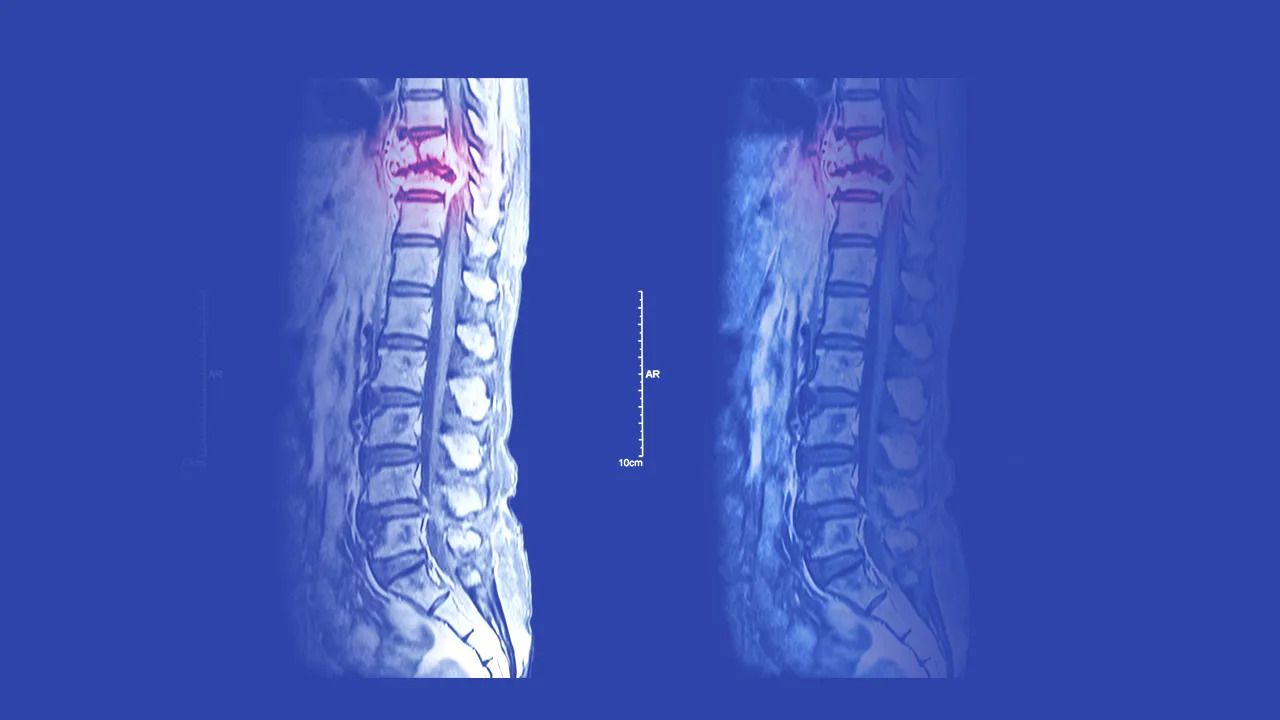
Myelopathies: Causes, Diagnosis, and Treatment
Introduction: Myelopathies are neurological conditions characterized by damage or dysfunction of the spinal cord, leading to a range of symptoms. They may occur due to various factors such as trauma, inflammation, infections, degenerative diseases, vascular issues, or tumors. The spinal cord is vital in transmitting nerve signals between the brain and the rest of the […]
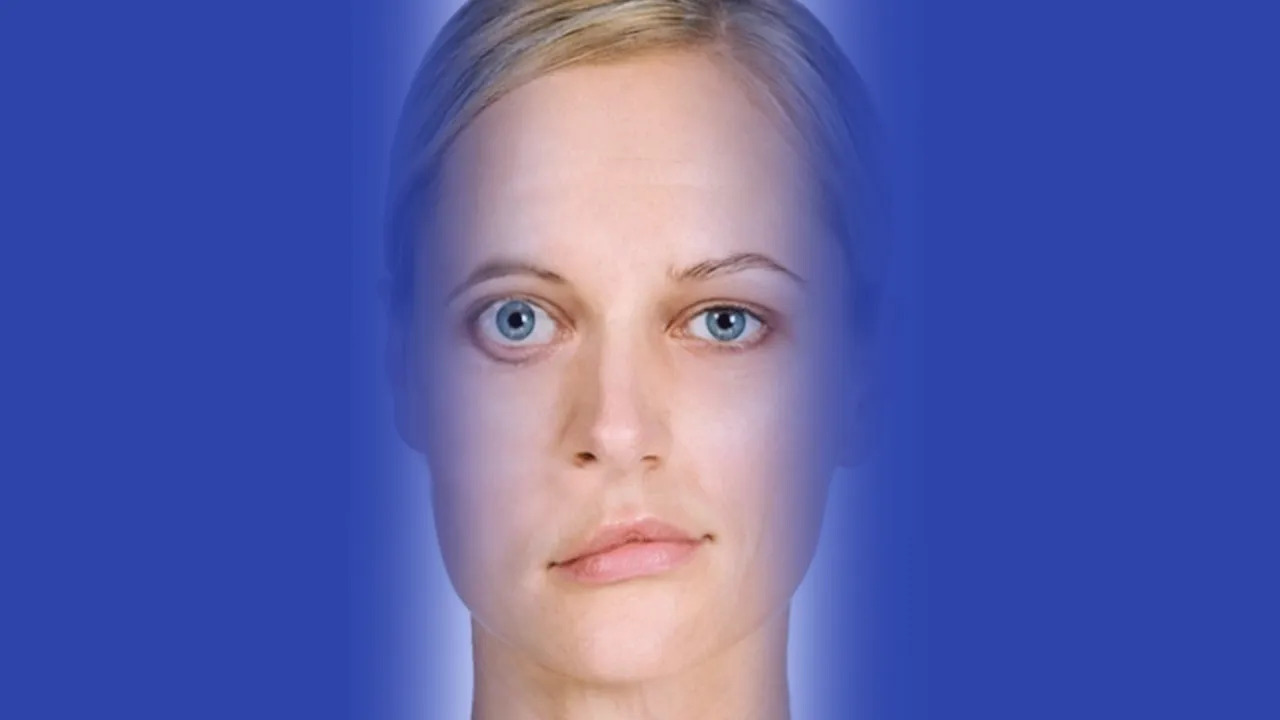
Myasthenia Gravis: Symptoms, Causes, and Treatment
Introduction: Myasthenia gravis is an autoimmune disorder caused by an error in communication between nerve cells and muscles. It results in muscle weakness in voluntary muscles, most often in the muscles of the eyes, face, neck, and arms. Myasthenia gravis affects approximately 1 in 5,000 people in the United States, although specific ethnic populations, such […]